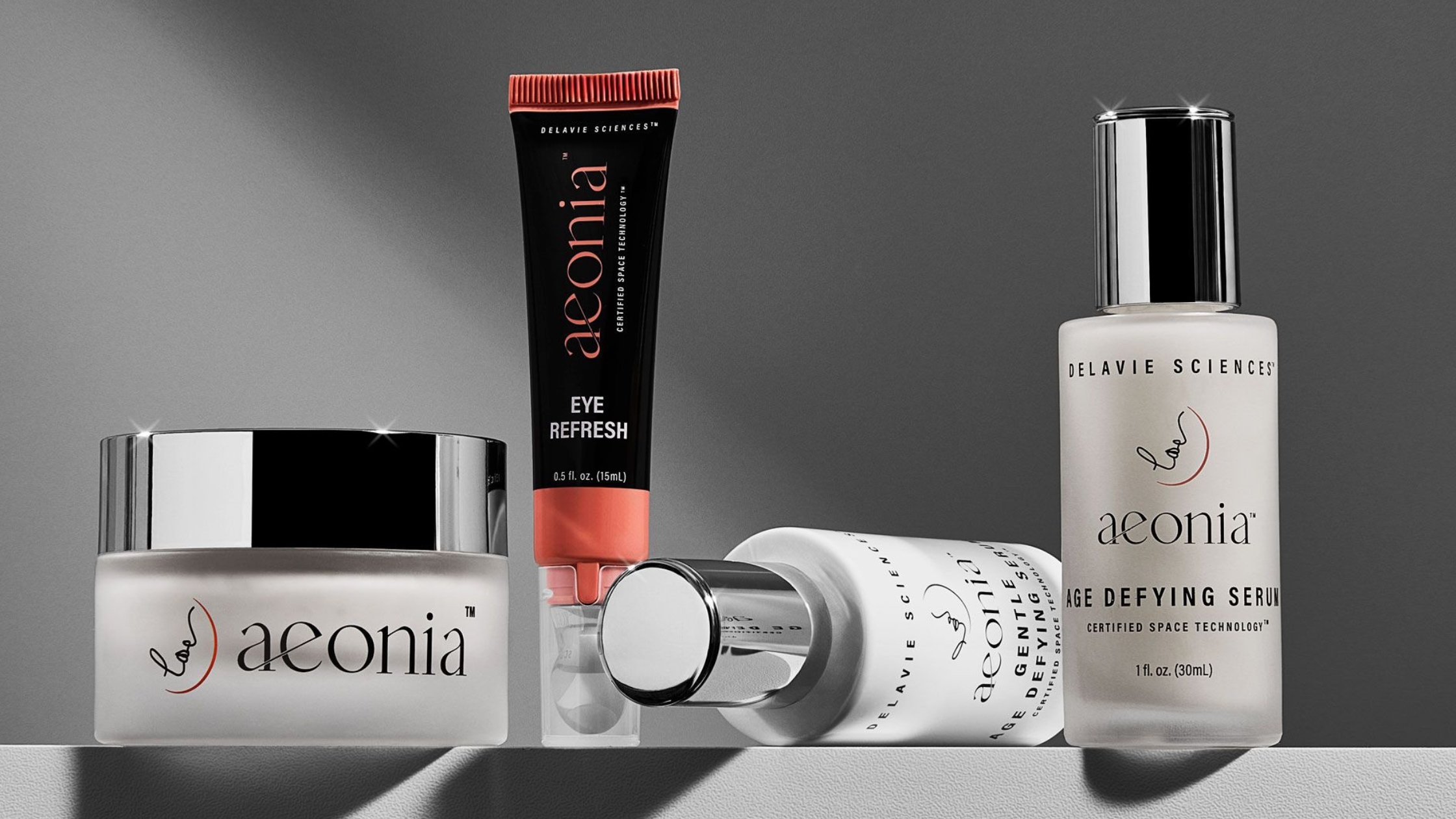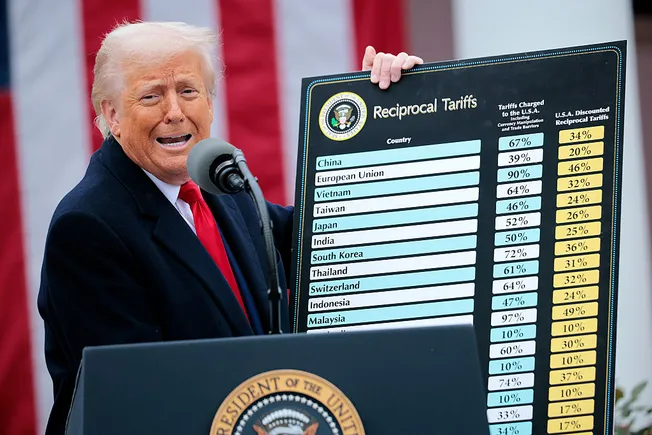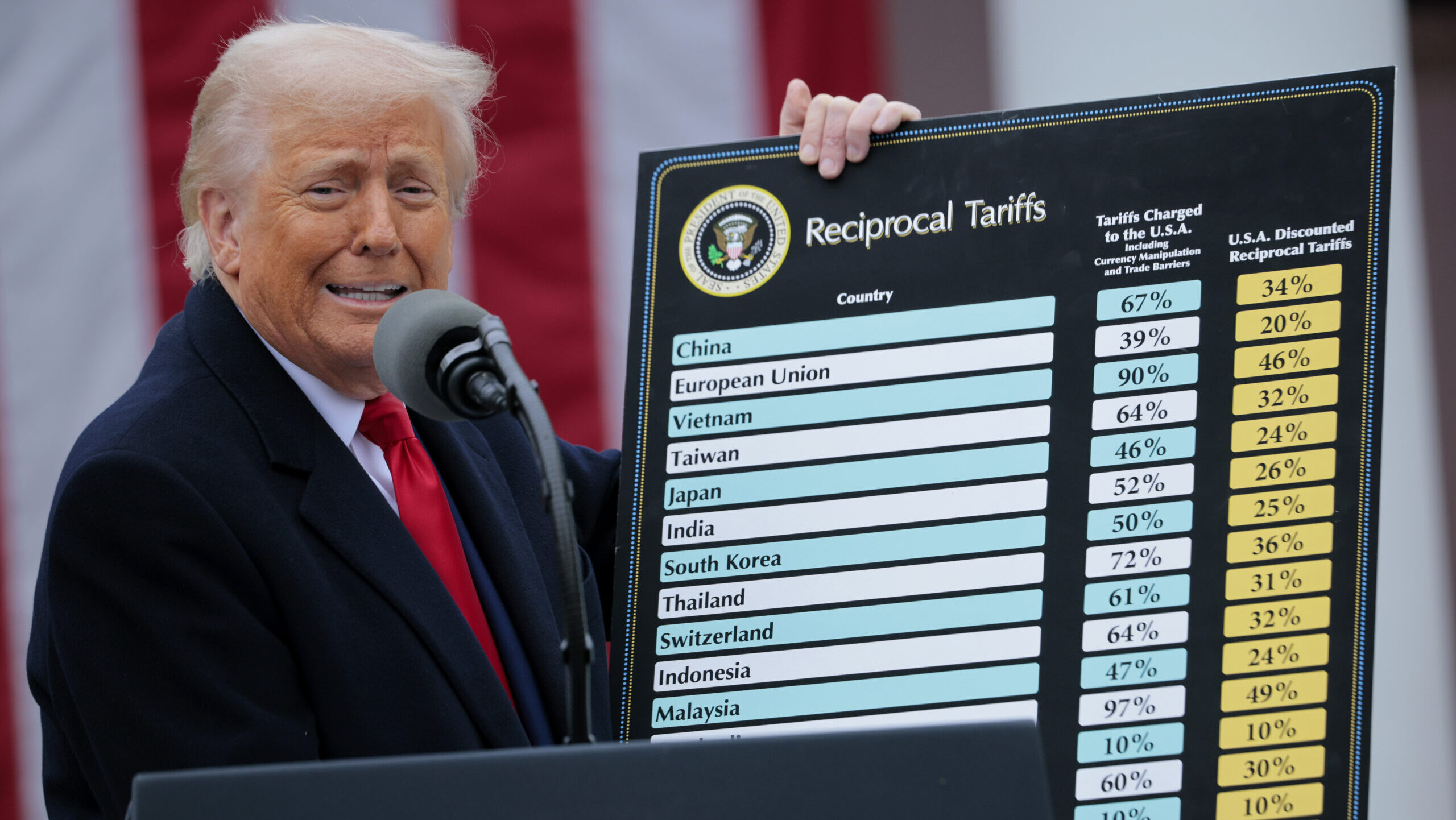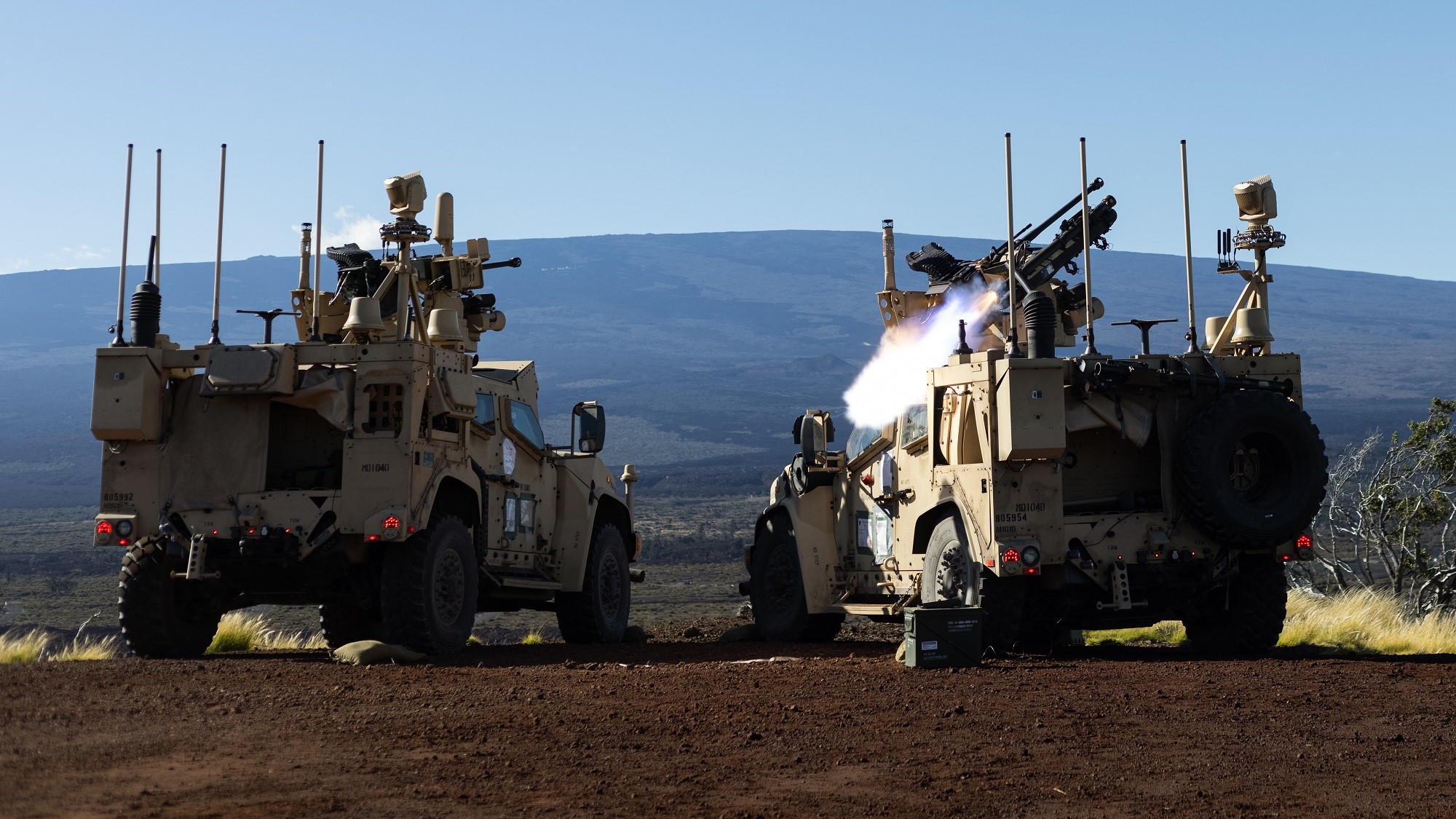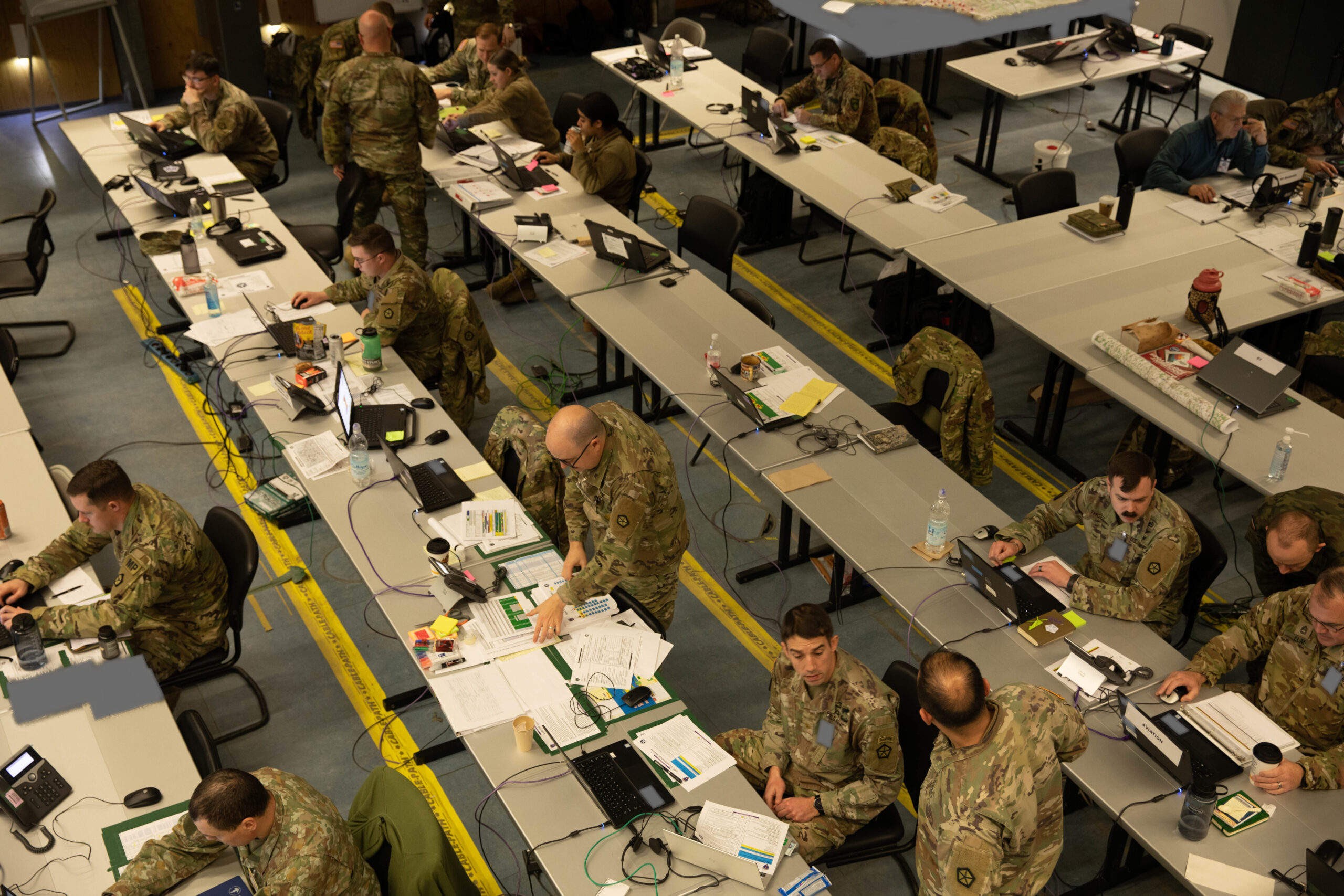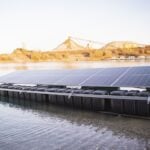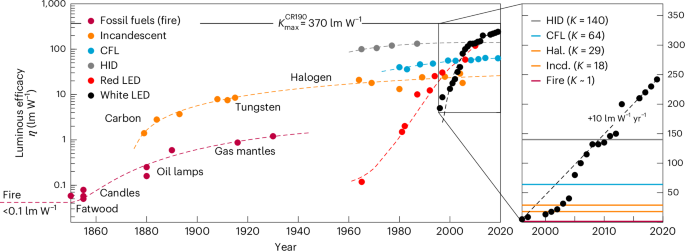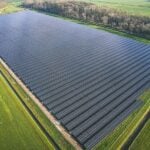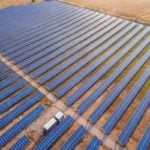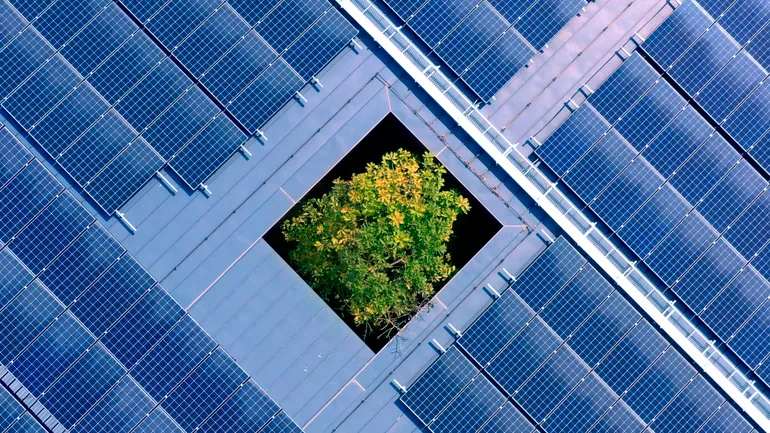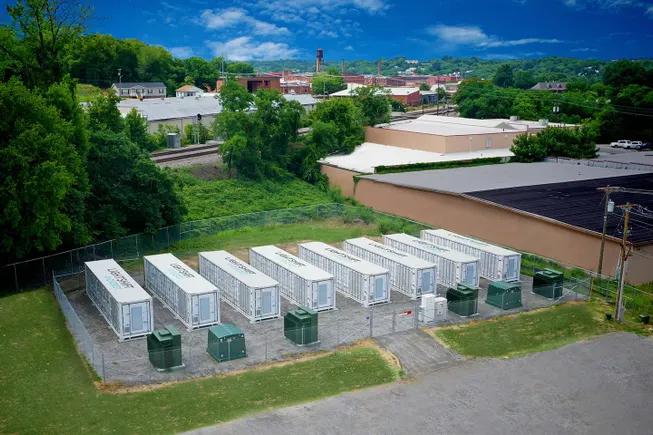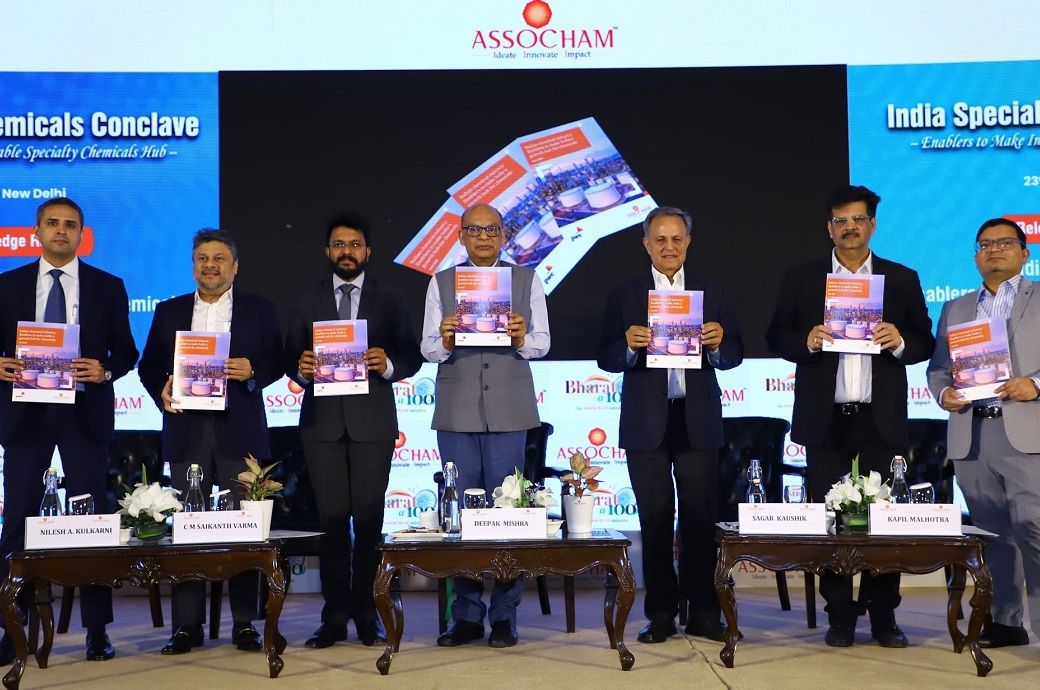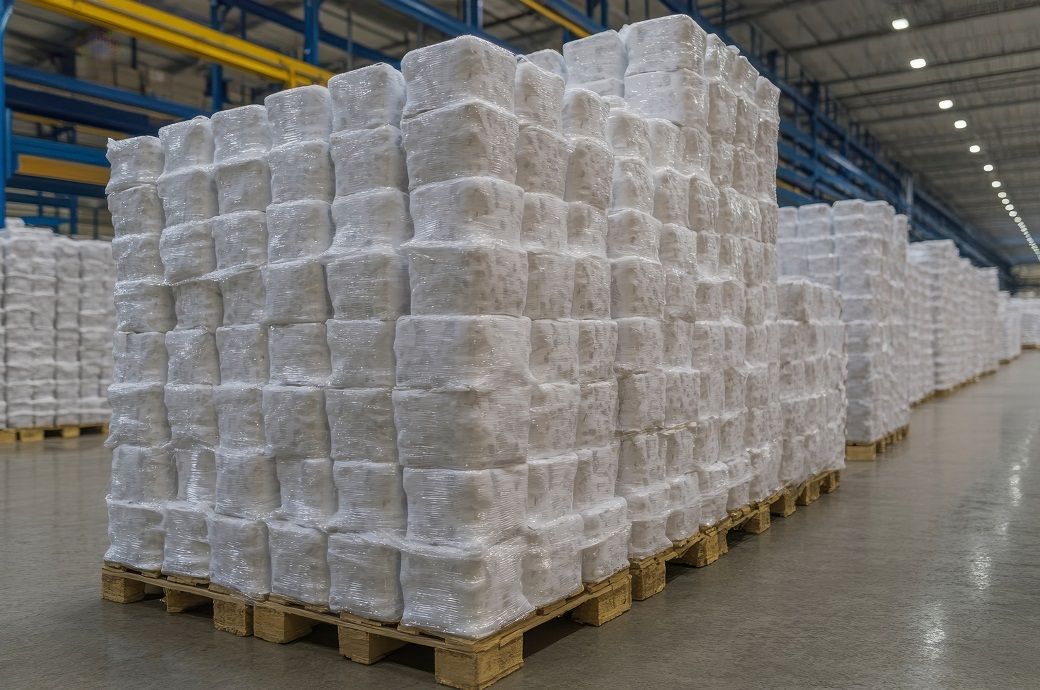Weakly Solvating Electrolytes for Lithium and Post‐Lithium Rechargeable Batteries: Progress and Outlook
Advanced Energy Materials, EarlyView.

Weakly solvating electrolytes (WSEs) use anion-dominated solvation to form stable interphase layers, overcoming energy density and lifespan limitations. This review clarifies their design, anion-mediated interface regulation, and compatibility with lithium/post-lithium systems, distinguishing them from conventional electrolytes, high concentration electrolytes (HCEs), and localized high concentration electrolytes (LHCEs). It establishes a theoretical framework for safe, long-lasting energy storage.
Abstract
In the rapidly evolving global landscape of renewable energy sources, there is an increasing demand for high-energy-density rechargeable batteries essential for energy storage. Simultaneously, there is a growing emphasis on developing high-stability electrolytes. The concepts of high concentration electrolytes (HCEs) and localized high concentration electrolytes (LHCEs) have emerged, with notable progress achieved by altering cation-solvent and cation–anion solvation coordination environments. However, challenges persist, including high costs and low ionic conductivity. A recent development is the introduction of the weakly solvating electrolyte (WSE), which offers a new perspective on the design of stable electrolytes at conventional or low concentrations. This approach enables high-performance rechargeable batteries by modulating the coordination structure of electrolytes to generate a unique anion-driven interphase reaction chemistry. This review outlines the design principles of WSEs and their operating mechanisms when applied to rechargeable lithium and post-lithium batteries. An outlook is also presented on the future research directions of WSE, coupled with an analysis of the technological challenges.





















































